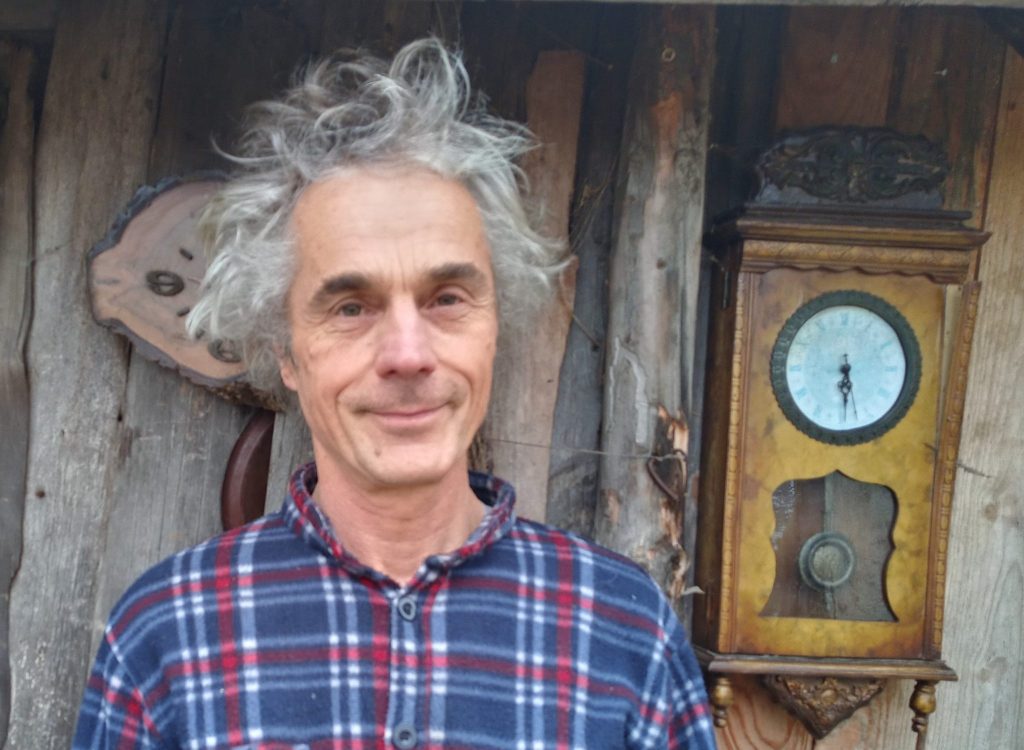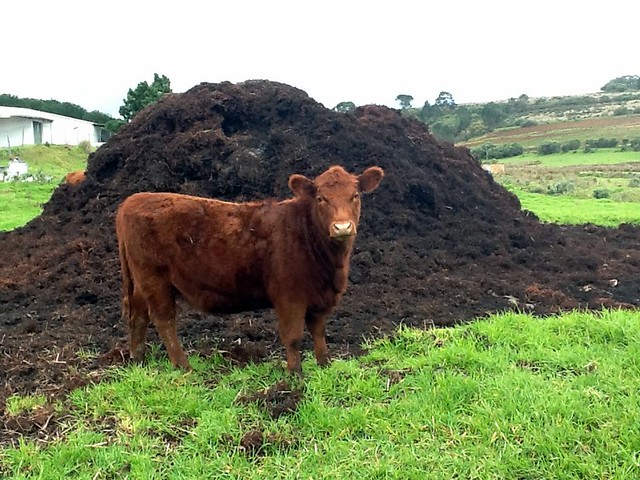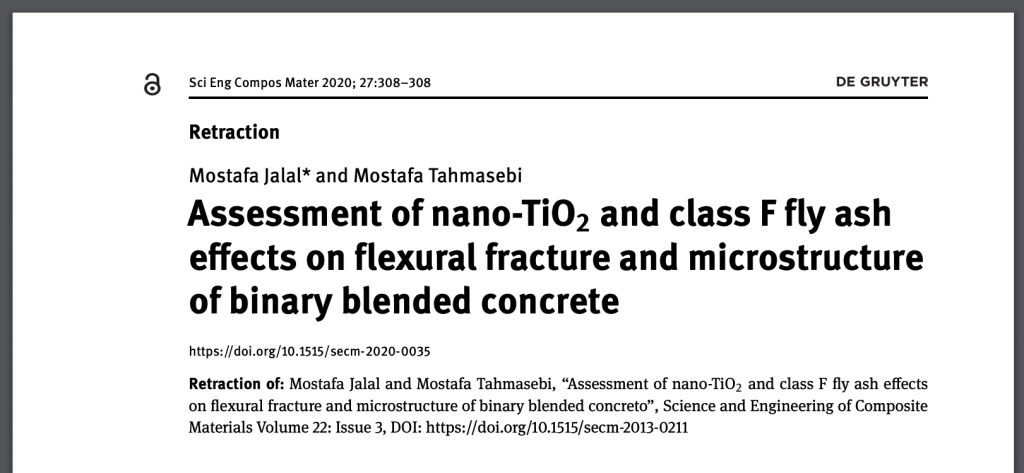
A Springer Nature journal has retracted a 2019 article by a Slovenian physicist who claims that both Creationism and Big Bang theory are wrong, and that black holes are the engines driving the universe.
The paper, in Scientific Reports, was titled “Mass-energy equivalence extension onto a superfluid quantum vacuum,” and was written by Amrit Srečko Šorli. It has yet to be cited, according to Clarivate Analytics’ Web of Science, and four posts by Šorli’s institute that refer to it have been removed by Medium because the institute’s “account is under investigation or was found in violation of the Medium Rules.”
In 2010, Šorli founded the Bijective Physics Institute, whose proponents — we’re not sure how many there are beyond him and a few others named on the site — believe:
Continue reading “Confrontation is an important element of physics progress:” Paper on black holes retracted







